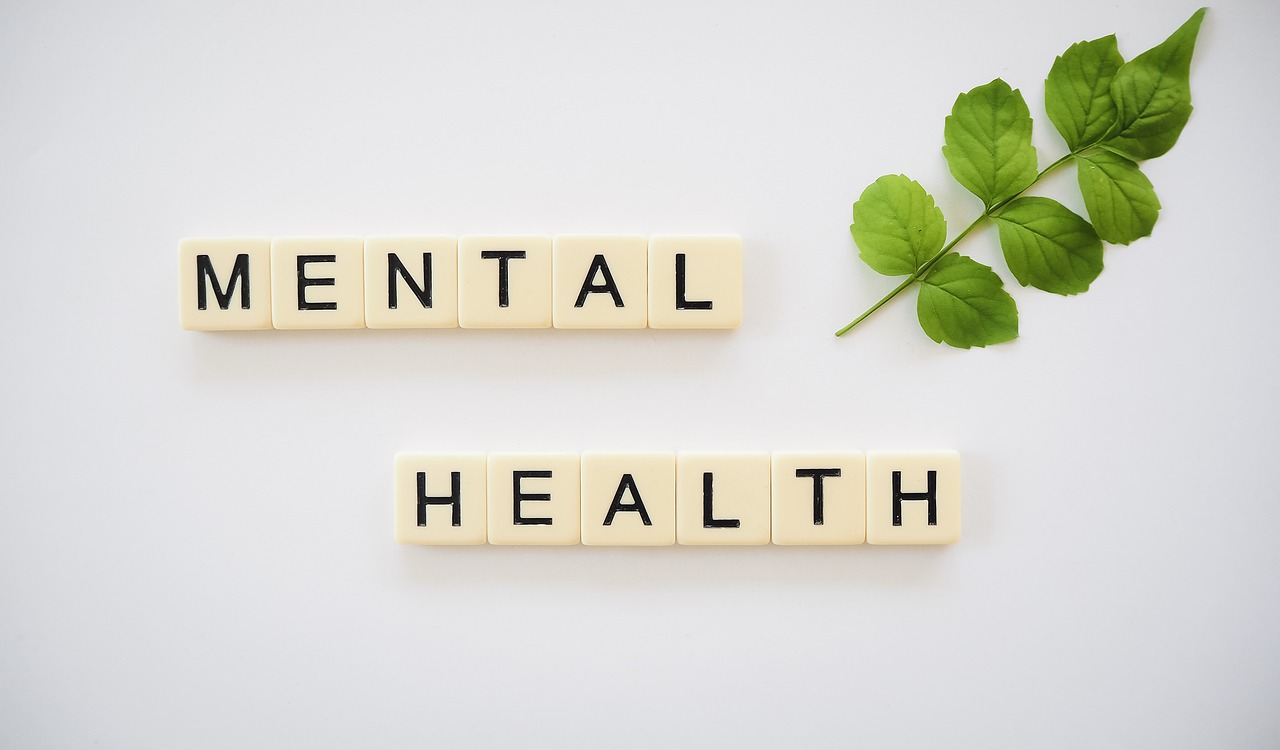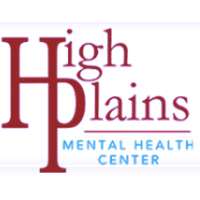
By CRISTINA JANNEY
Hays Post
A $2 million, two-year federal grant awarded to High Plains Mental Health Center seeks to increase access and the timeliness of treatment for mental health care in northwest Kansas.
Walt Hill, executive director of High Plains Mental Health Center, participated in a Zoom press conference last week to discuss the mental health system's implementation of the Certified Community Behavioral Health Clinic model.
High Plains has a grant pending for another $1.5 million to further implement the program.
The model seeks to address suicide prevention, overdose deaths, barriers to timely treatment, inadequate care for active military, and reduce burdens on jails and hospital emergency rooms.
Chuck Ingoglia, president/CEO of the National Council on Mental Wellbeing, joined the Zoom and said the grant High Plains received is part of a national movement.

The status quo is lacking, he said.
"The idea behind the Certified Community Behavioral Health Center model is to make sure everyone regardless of their ability to pay, regardless of their diagnosis, regardless of the type of insurance they have can get access to high quality, evidence-based care when and where they need it," Ingoglia said.
This includes 24/7 crisis response, which he said he thinks is very important.
"People can get sick any time of the day or night," he said. "You need to make sure they can get into care."
Only about 35 percent of people who have a serious mental illness are in regular treatment. Only about 12 percent of people with a substance use disorders are in treatment.
Hill said the grant funding is seed money to raise the bar of services in Kansas. Thirteen to 15 new staff positions will be added.
The center has rented a wing of the Hadley Center to handle the staff expansion. This is the first time in many years High Plains has been able to expand, Hill said.
"We have usually been trying to survive with cuts," Hill said. "This is a wonderful opportunity to grow and expand and then to have the services sustained through a whole new model of funding that pays for the cost of services as opposed to just eking by."
The model seeks to create partnerships with community stakeholders, hospitals, local law enforcement, schools and veteran-serving organizations to knit together a safety net for people who suffer from mental illness, he said.
Outreach services
High Plains will add an Assertive Community Treatment Team to provide outreach services in the community. This will include a registered nurse, two case managers and peer support specialist in an effort to help individuals access services and stay out of the hospital.
Hill described the program as similar to the Schwaller Crisis Center in Hays, except on wheels, as the members of the team go to people instead of them coming into the center.
"Part of the CCBHC is getting out of the office and into the community," Hill said.
This will also include adding mental health first aid staff and special training for staff to reach out into the Hispanic, veteran and agriculture communities.
Taking care of physical health issues
High Plains will add two outpatient therapists in regional hospitals or primary health care clinics.
"People who have mental health problems often don't pay as close as attention to their physical health, so we will be watching metrics on are they taking care of their health and if they're diabetic, are they getting their A1Cs regularly," Hill said.
People who have chronic, long-term mental health issues die on average 25 years sooner than the rest of the population, because of co-existing physical health problems.
Treatment versus jail
Hill said High Plains will be working more with people in jails and with individuals to try to keep them out of jail. He said he has talked to Ellis County Sheriff Scott Braun and a high number of locally incarcerated individuals are on mental health medications.
"We want to develop a liaison to get those individuals out of jail and into treatment sooner," Hill said. "Through ACT team (Assertive Community Treatment), we hope to get to those people before they commit a crime to get help."
Ingoglia shared an example of a person from another area who would break windows so he could get arrested. He knew that is how he could get treatment.
Kyle Kessler, executive director of the Association of Community Mental Health Centers of Kansas, said the Kansas Sheriffs' Association, Kansas Peace Officers Association and the Kansas Association of Chiefs of Police are all supporters of the Certified Community Behavioral Health Clinic model.
"This is something that I think is the intersection of criminal justice reform in our country," Kessler said.
Rapid access to care
High Plains' goal is people seeking treatment for the first time will be able to be seen the same day or the next day. Across the country, clients are waiting weeks to get in for their first mental health appointments, Hill said.
Jon Evans, president and CEO of innovaTel, a telemedicine firm that works with High Plains, gave credit to High Plains for being forward thinking. He said in some rural areas children in need of psychiatric care are waiting months.
High Plains hopes to add school liaisons to give better access to care to children in its 20 service counties.
Clients at High Plains are waiting at least seven to 10 days for their initial assessments unless it is an emergency, Hill said.
"People when they are ready for mental health, they are ready for mental health," Hill said. "It's like going to convenient care here, when you need to go, you need to go to get things taken care of."
Substance use treatment
The grant will help enhance treatment for substance use. High Plains will be contracting with a psychiatrist to provide Medication Assisted Treatment.
"You don't just have to pull yourself up by your boot straps with moral will to overcome the darkness," Hill said. "There are some medications that will help change people's biochemistry and neurochemistry to help them overcome."
Fifty percent or more people who have substance use problems also have co-existing mental health issues, Hill said.
"Our goal is to treat the whole person," he said.
Challenges to hire staff
Hill acknowledged hiring new staff in a tight job market is going to be difficult. Some providers will likely offer services through telemedicine.
High Plains is also trying to raise compensation and implement retention bonuses to retain current staff and recruit new staff.
Hill said a recent survey indicated half of all public health care providers are considering leaving the profession, because of all the struggles related to COVID.
High Plains plans to put in place means to help staff with self care to deal with the trauma they experience as providers.
Advisory group
An advisory work group will be established to provide input regarding the new model's implementation. The group will include clients, loved ones or support staff for people who have mental illness, and county stakeholders.






